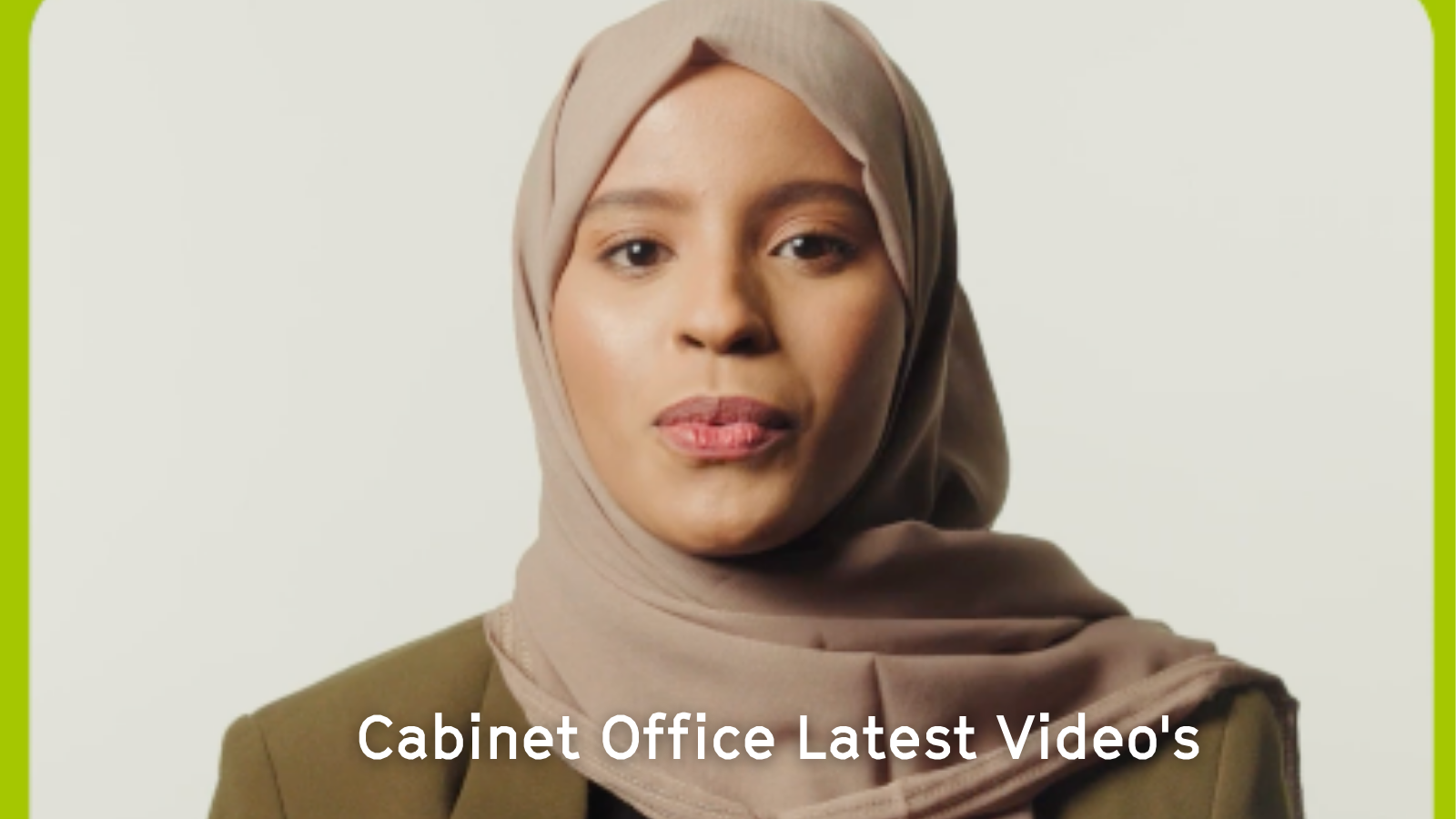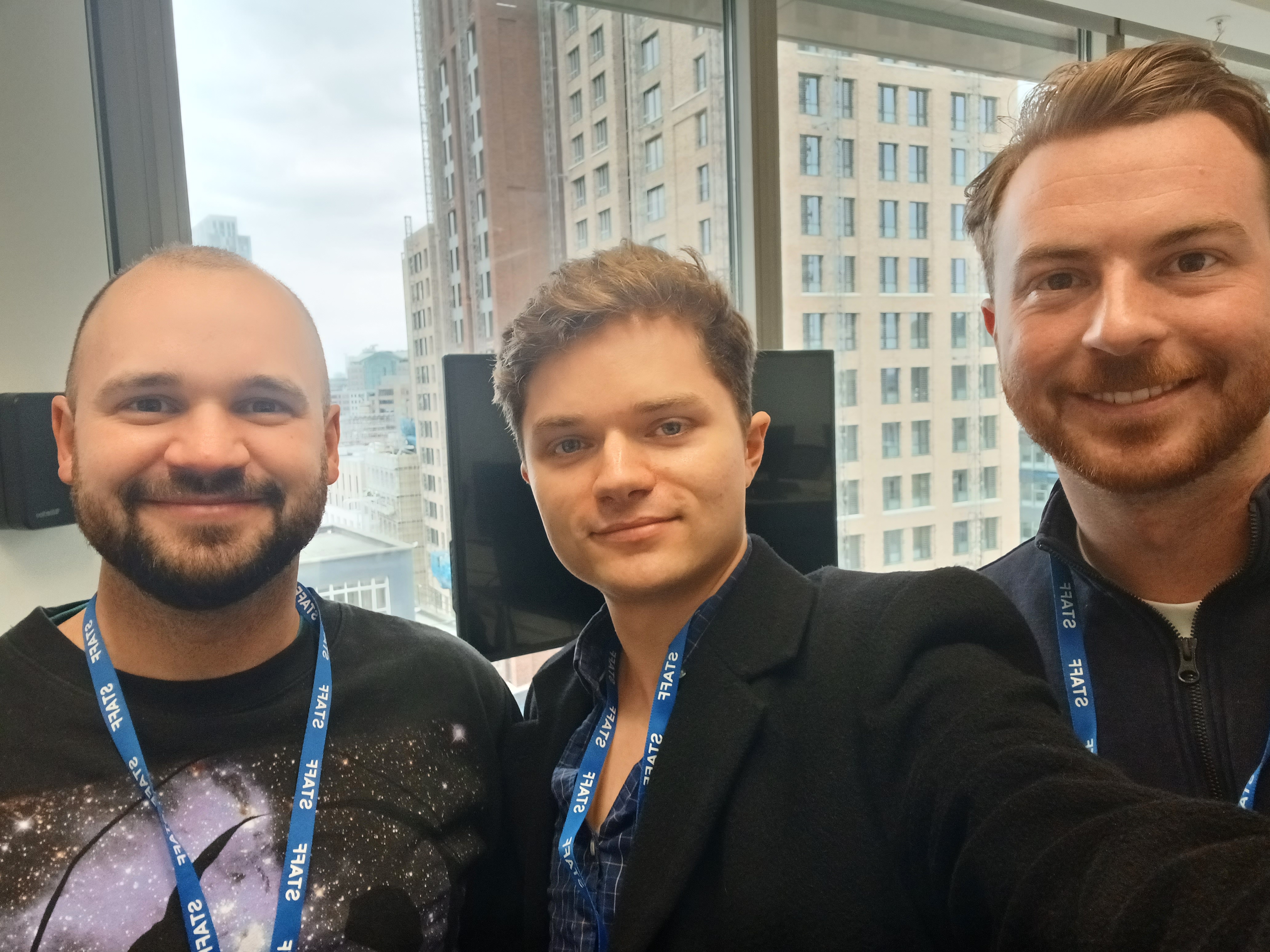Mid & Senior Site Reliability Engineers
Government Digital Services -
As a Site Reliability Engineer at GDS you will:
- be part of one of our multidisciplinary service teams working with and supporting front-end and back-end developers, delivery and product managers, tech writers and architects
- build and maintain resilient, highly available and secure systems to meet the needs of our users
- take responsibility for solving complex and interesting problems
- create infrastructure as code to ensure our infrastructure and deployment pipelines are reusable, repeatable and reliable
- ensure our systems are appropriately monitored and instrumented to enable our teams to identify and respond to operational issues quickly and effectively
- build CI/CD pipelines to enable our developers to get their code into production as quickly and safely as possible
- act as a digital ambassador, sharing experiences through public speaking and blog posts
- participate in our in-hours 2nd line and out-of-hours support rotas to gain empathy for users and awareness of operational concerns
- share knowledge of tools and practices with your wider team and peers to drive consistency and maintain our high engineering standards
Person specification
We’re interested in people who:
- are experienced with Linux operating system internals and are comfortable working with Linux virtual machines or containers
- have experience of working with technologies that underpin digital services such as databases, web servers, DNS, CDNs, reverse proxies, message queues and load balancers
- have experience of cloud infrastructure providers such as AWS
- are familiar with container orchestration technologies such as Kubernetes, ECS or serverless application design such as AWS Lambda
- have an understanding of SRE principles such as capacity planning, SLOs and SLIs and how to design and support resilient, large scale, high performance services in a production environment
- can deploy and configure observability tools to ensure systems are appropriately monitored and instrumented to enable teams to identify and respond to operational issues quickly and effectively
- are familiar with at least one programming language (we use Node.js, Java, Python, Ruby and Go), technologies such as Terraform and CloudFormation, are able to use automated testing and test-driven development (TDD) to validate solutions and maintain code quality
- are very proficient using Git for version control
- understand the benefits of continuous integration and continuous deployment and have experience with CI/CD tools such as Concourse, Jenkins, GitHub Actions and CodePipeline
- have a good understanding of security principles and how to keep large operational services secure
Benefits
The benefits of working at GDS
There are many benefits of working at GDS, including:
- flexible hybrid working with flexi-time and the option to work part-time or condensed hours
- a Civil Service Pension with an employer contribution of 28.97%
- 25 days of annual leave, increasing by a day each year up to a maximum of 30 days
- an extra day off for The King’s birthday
- an in-year bonus scheme to recognise high performance
- career progression and coaching, including a training budget for personal development
- paid volunteering leave
- a focus on wellbeing with access to an employee assistance programme
- job satisfaction from making government services easier to use and more inclusive for people across the UK
- advances on pay, including for travel season tickets
- death in service benefits
- cycle to work scheme and facilities
- access to children's holiday play schemes across different locations in central London
- access to an employee discounts scheme
- 10 learning days per year
- volunteering opportunities (5 special leave days per year)
- access to a suite of learning activities through Civil Service learning
Any move to Government Digital Service from another employer will mean you can no longer access childcare vouchers. This includes moves between government departments. You may however be eligible for other government schemes, including Tax Free Childcare. Determine your eligibility at https://www.childcarechoices.gov.uk
Office attendance
The Department operates a discretionary hybrid working policy, which provides for a combination of working hours from your place of work and from your home in the UK. The current expectation for staff is to attend the office or non-home based location for 40-60% of the time over the accounting period.
DSIT does not normally offer full home working (i.e. working at home); but we do offer a variety of flexible working options (including occasionally working from home).
Things you need to know
Selection process details
The standard selection process for roles at GDS consists of:
- a simple application screening process - We only ask for a CV and responses to three questions. Important tip - please ensure that your CV includes how you meet the skills and experience listed in the “person specification” section above
- a 30 minute phone screen
- a 95 or 105 minute technical interview and civil service behavioural interview (conducted over video conferencing)
Whilst we value the use of AI technology to enhance our daily work, we also value the personal touch and urge applicants to write responses without the use of AI to emphasise their own unique experiences.
Depending on how many applications we get, there might also be an extra stage before the video interview, for example a phone interview or a technical exercise.
In the Civil Service, we use Success Profiles to evaluate your skills and ability. This gives us the best possible chance of finding the right person for the job, increases performance and improves diversity and inclusivity. We’ll be assessing your technical abilities, skills, experience and behaviours that are relevant to this role.
For this role we’ll be assessing you against the following Civil Service Behaviours:
- working together
- changing and improving
- making effective decisions
We’ll also be assessing your experience and specialist technical skills against the following skills defined in the Digital, Data and Technology Profession Capability Framework for the DevOps engineer role:
- Availability and capacity management
- Development process optimisation
- Information security
- Modern development standards
- Programming and build (software engineering)
- Service support
- Systems design
- Systems integration
Recruitment Timelines
Role closes: Tuesday 8th April
Sift completion: Friday 11th April
Phone Interviews: starting Monday 14th April
Panel interviews: starting Tuesday 22nd April
Candidates that do not pass the interview but have demonstrated an acceptable standard may be considered for similar roles at a lower grade.
A reserve list will be held for a period of 12 months, from which further appointments can be made.
The Civil Service is committed to attract, retain and invest in talent wherever it is found. To learn more please see the Civil Service People Plan and the Civil Service D&I Strategy.
Please note that this role requires SC clearance, which would normally need 5 years’ UK residency in the past 5 years. This is not an absolute requirement, but supplementary checks may be needed where individuals have not lived in the UK for that period. This may mean your security clearance (and therefore your appointment) will take longer or, in some cases, not be possible.
For meaningful checks to be carried out, you will need to have lived in the UK for a sufficient period of time, to enable appropriate checks to be carried out and produce a result which provides the required level of assurance. Whilst a lack of UK residency in itself is not necessarily a bar to a security clearance, and expectation of UK residency may range from 3 to 5 years. Failure to meet the residency requirements needed for the role may result in the withdrawal of provisional jobs offers.
Other information
In January 2025, it was announced that the Government Digital Service (GDS) will move to the Department for Science, Innovation and Technology (DSIT) as a part of a machinery of government change. This change aims to bring together the digital transformation of public services into one central department, presenting exciting opportunities and positioning DSIT to lead the government’s digital agenda.
This role is in scope to transfer to DSIT when the machinery of government change takes place. As a result, if you are successful and appointed by Cabinet Office to this role before 1st June 2025, your role will transfer from Cabinet Office to DSIT at the time of the relevant machinery of government change taking place,. If your start date is after 1 June 2025, you will be appointed direct to DSIT and your appointment will be unaffected by the machinery of government change. We are currently consulting with our Trade Unions on which policies, terms and conditions will apply on transfer. The statement of changes applied to all other Cabinet Office staff will also apply to you if you are successful.”
We encourage you to apply and look forward to reviewing your application. We will keep you updated throughout the process.
Sponsorship
DSIT cannot offer Visa sponsorship to candidates through this campaign. DSIT holds a Visa sponsorship licence but this can only be used for certain roles and this campaign does not qualify.






